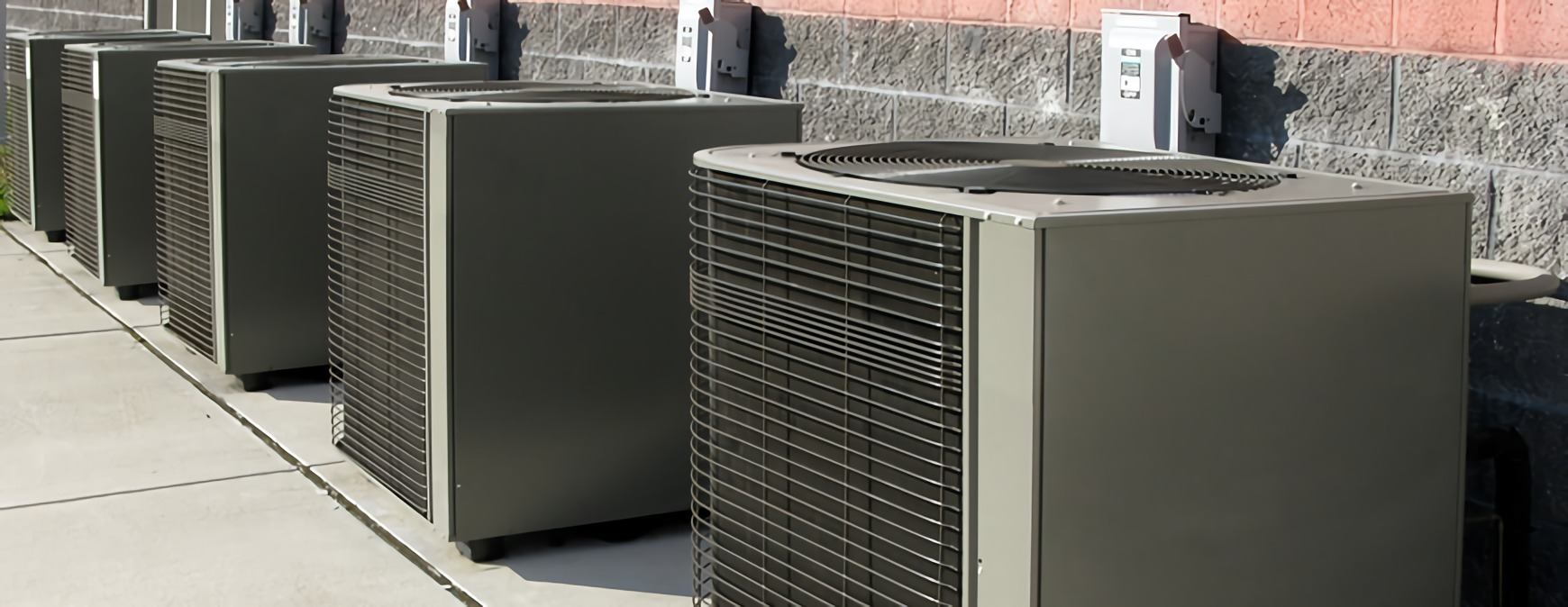
If you’re looking for vocational training that can lead to a career that offers job security, good wages, and opportunities for advancement, then refrigeration technology may be just the line of work for you. The ability to cool our surroundings has given us frozen foods, meat and dairy products that last days without spoiling, and freedom from summer’s oppressive heat. Visit your local appliance store and you’ll see dozens of air conditioning units, refrigerators, and freezers for sale—evidence of just how important this technology is to the modern world.
The Science Behind Refrigeration
The science behind refrigeration hasn’t changed since the first ice machines were built way back in the 1800s. Here are three basic principles that make refrigerators possible:
- All substances exist in one of three states: solid, liquid, and gas. Water, which turns into solid ice at temperatures below 32°F, becomes liquid when it’s warmed. It turns into vapor when high temperatures are applied. The same is true for other kinds of substances, including those commonly used in the refrigeration industry. Ammonia, for example, evaporates when it’s warmed to -27°F.
- When a substance evaporates, it draws in heat from the surrounding environment. That’s why, when you boil a pot of water, the steam that comes off of it is so hot. The vapor draws in heat from the water and carries it into the air.
- On the other hand, when a substance turns from vapor back into a liquid, it gives off heat. That’s why a steaming pot of coffee is able to warm the air around it. The steam puts heat into the surrounding environment as it condenses. You can see this process occur when you watch steam turn back into liquid.
Get Started on the Path to a New Career
Fill out our form to learn how we can help you change your life.
How Refrigeration Works
Refrigerators use these three principles to take heat from one place and move it to another. Inside a refrigerator are metal pipes known as evaporator coils. Liquid refrigerant circulates through the coils, changing into a gas as it draws heat out of the refrigerator. Then the refrigerant gas passes through a device known as a compressor, which raises its pressure and temperature. From there, it flows into a component known as the condenser and through condenser coils located outside the refrigerator, where it returns to liquid form and releases the heat that it absorbed while passing through the evaporator coils. This heat is distributed to the air outside the refrigerator. The liquid refrigerant then passes through the expansion valve, where its pressure drops before it returns to the evaporator coils to absorb more heat and turn back into a gas. The cycle repeats over and over for as long as the system is running.
The Role of Refrigeration Professionals
In refrigeration school, you’ll learn more about the science that makes the technology possible. When refrigerators fail to work correctly, you’ll know how to have them up and running as quickly as possible. You’ll not only learn how to maintain and repair residential units, you’ll also understand how complex commercial units work. These are the systems used in giant factories, inside meat lockers, and at pharmaceutical companies to keep medicines at just the right temperature.
Opportunities in refrigeration technology can be varied and exciting. Contact the Refrigeration School to learn how you can enter the field after as little as seven months of training.
This blog has been labeled as archived as it may no longer contain the most up-to-date data. For a list of all current blog posts, please visit our blog homepage at https://www.rsi.edu/blog/

